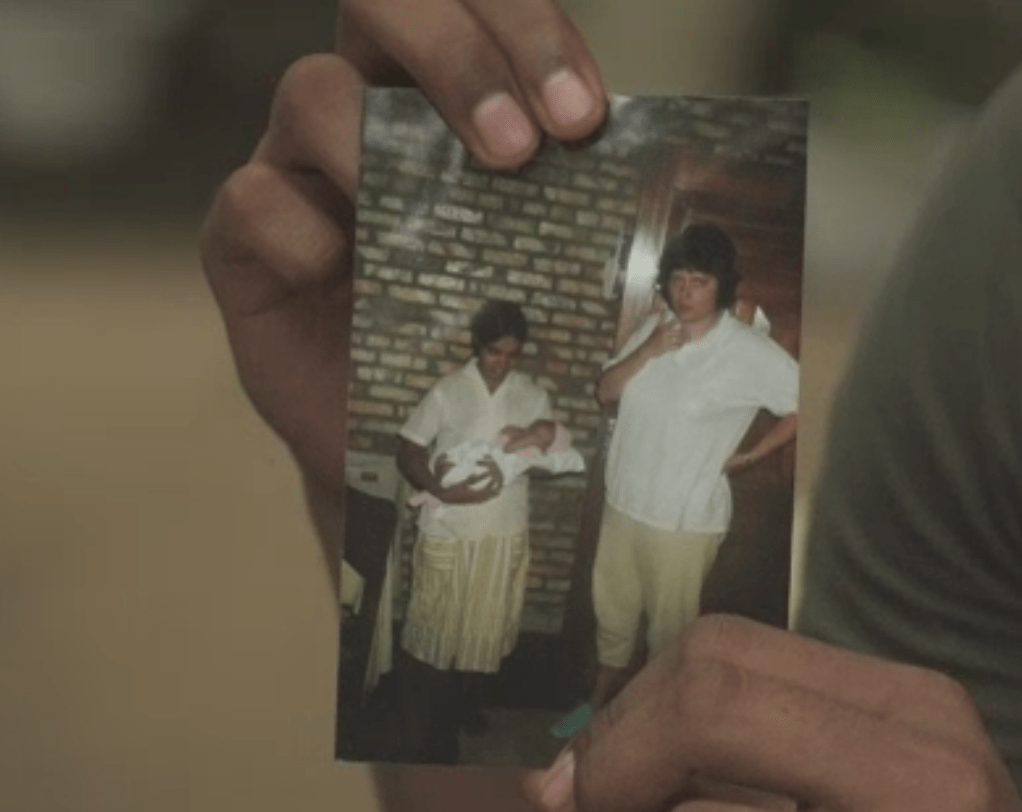A new Dutch documentary has revealed that thousands of Sri Lankan children may have been sold illegally for adoption in a number of countries in Europe, including Denmark, in the 1980s.
Up to 11,000 children are believed to have been sold. Some of the biological mothers were apparently told their children had died at birth.
Some 4,000 of the children ended up in the Netherlands, while others were sent to other European countries, such as Denmark, Sweden, Germany and the UK.
The Sri Lankan government has told Zembla, the Dutch company behind the documentary, that it will look into the allegations, as will the Dutch authorities. A DNA database will also be established to help the adopted children locate their biological mothers.
READ MORE: Forcible adoption cases on the increase in Denmark
Baby factories
According to Zembla, proof has been uncovered that documents were falsified by the adoption authority in Sri Lanka – including birth certificates, names and the identities of biological mothers.
Sri Lank temporarily banned adoptions in 1987 when a ‘baby factory’ was raided and 20 new-borns were found in the building.
According to reports at the time, women gave birth to the children in prison-like conditions surrounded by a wall that was three metres high.














